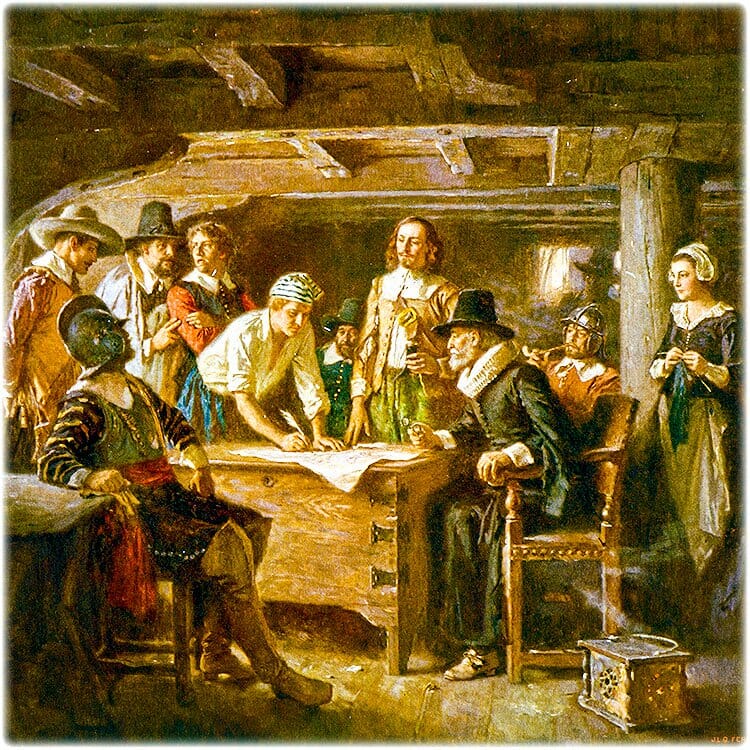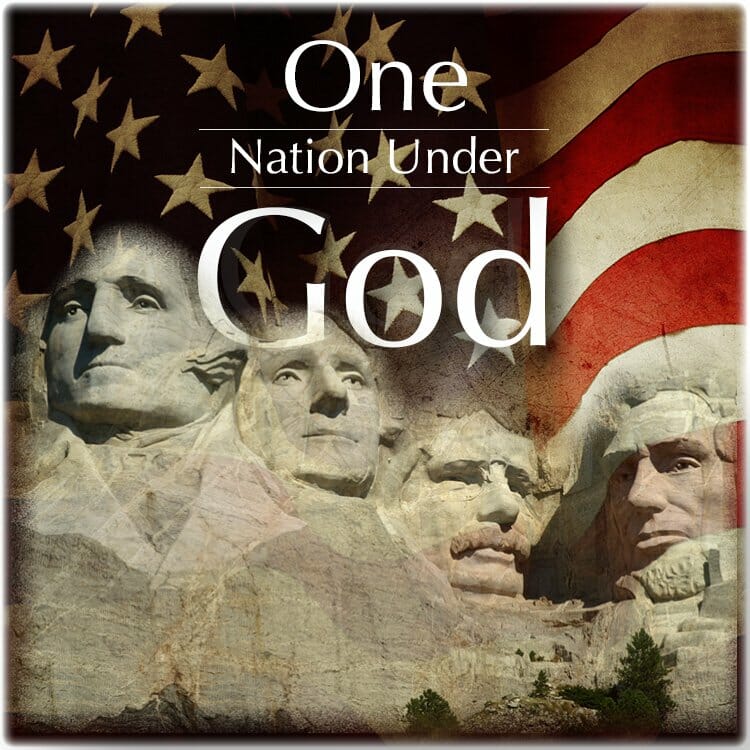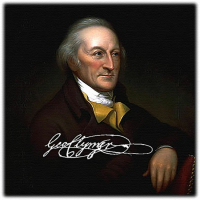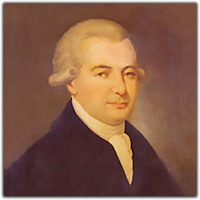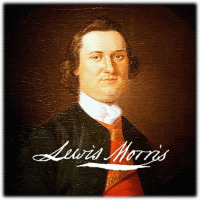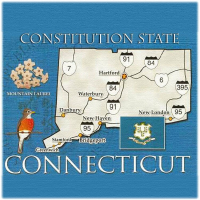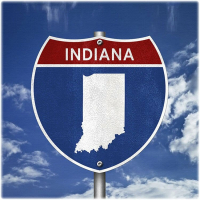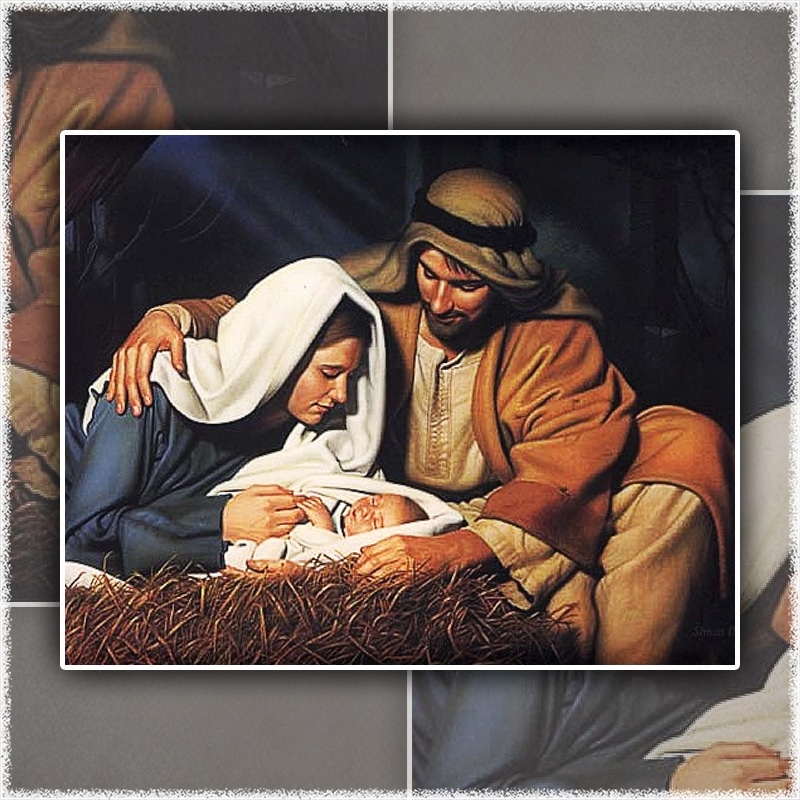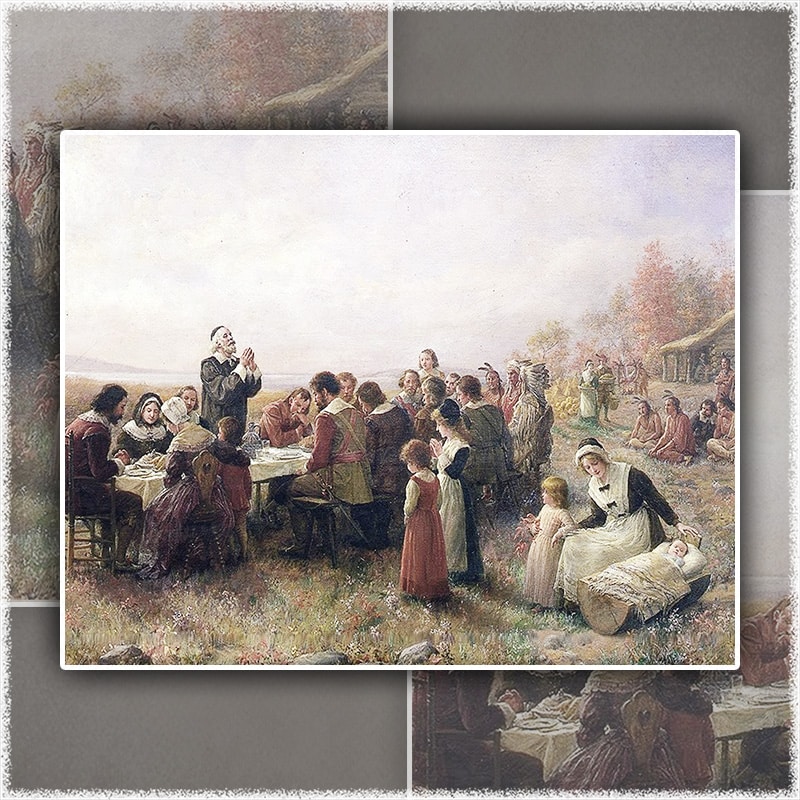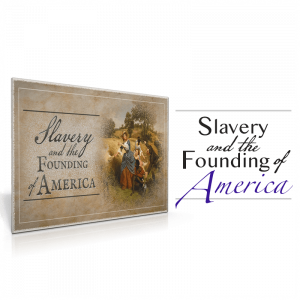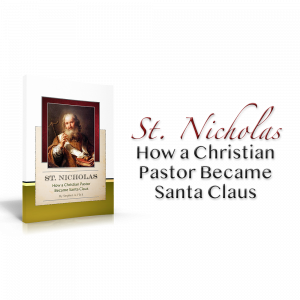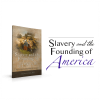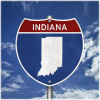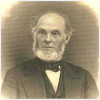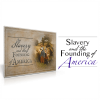The Mayflower Compact

The Mayflower Compact was the first document of what would evolve into the republic of the United States. It should never be assumed, however, that the Pilgrim Fathers intended to break with the Old World. Rather, the Mayflower Compact demonstrates commitment to what the Pilgrims had known and believed. This fact has been aptly captured by C. P. Breckinridge in his 1889 oration at Plymouth. He noted that the Mayflower Compact was ". . . not a constitution, nor yet a charter; nor yet in a true sense a social compact," but rather "...the complete demonstration that they were planting the seeds of the old truths, not attempting to make some new and unknown harvest from untried seed." As is evident from the reading of the Mayflower Compact below, the "old truths" which the Pilgrim Fathers brought with them to the New World was the Christian faith!
Mayflower Compact
IN THE NAME OF GOD, AMEN. We, whose names are underwritten, the Loyal Subjects of our dread Sovereign Lord King James, by the Grace of God, of Great Britain, France, and Ireland, King, Defender of the Faith, &c. Having undertaken for the Glory of God, and Advancement of the Christian Faith, and the Honour of our King and Country, a Voyage to plant the first Colony in the northern Parts of Virginia; Do by these Presents, solemnly and mutually, in the Presence of God and one another, covenant and combine ourselves together into a civil Body Politick, for our better Ordering and Preservation, and Furtherance of the Ends aforesaid: And by Virtue hereof do enact, constitute, and frame, such just and equal Laws, Ordinances, Acts, Constitutions, and Officers, from time to time, as shall be thought most meet and convenient for the general Good of the Colony; unto which we promise all due Submission and Obedience. IN WITNESS whereof we have hereunto subscribed our names at Cape-Cod the eleventh of November, in the Reign of our Sovereign Lord King James, of England, France, and Ireland, the eighteenth, and of Scotland the fifty-fourth, Anno Domini; 1620.
Mr. John Carver,Mr. William Bradford,
Mr Edward Winslow,
Mr. William Brewster,
Isaac Allerton,
Myles Standish,
John Alden,
John Turner,
Francis Eaton,
James Chilton,
John Craxton,
John Billington,
Joses Fletcher,
John Goodman,
Mr. Samuel Fuller,
Mr. Christopher Martin,
Mr. William Mullins,
Mr. William White,
Mr. Richard Warren,
John Howland,
Mr. Steven Hopkins,
Digery Priest,
Thomas Williams,
Gilbert Winslow,
Edmund Margesson,
Peter Brown,
Richard Britteridge,
George Soule,
Edward Tilly,
John Tilly,
Francis Cooke,
Thomas Rogers,
Thomas Tinker,
John Ridgdale,
Edward Fuller,
Richard Clark,
Richard Gardiner,
Mr. John Allerton,
Thomas English,
Edward Doten,
Edward Liester[1]
Conclusion
Throughout the twentieth century, anti-American groups such as the American Civil Liberties Union (ACLU) – which was initiated under the influence of communism – have suppressed and denied America's true Christian origin. Children and youth have been subjected to redacted forms of historical sources which have been edited to remove their Christian origin. In fact, the charters of all Thirteen American Colonies were based upon the Bible and Christian principles, while eight of the Thirteen Colonies had state churches. However, America's courts began to deny the nation's Christian origin during the mid-twentieth century. America's Founding Fathers understood it would require great commitment and resolve if they were to bequeath a heritage of Christian freedom to succeeding generations, and that responsibility is no less great for the present generation.
America deserves to know its true heritage.
Please contribute today!
Related Articles
[1]The Federal and State Constitutions, Colonial Charters, and Other Organic Laws of the State, Territories, and Colonies Now or Heretofore Forming the United States of America, ed. Francis Newton Thorpe, 7 vols. (Washington: Government Printing Office, 1909), 3:1841.

